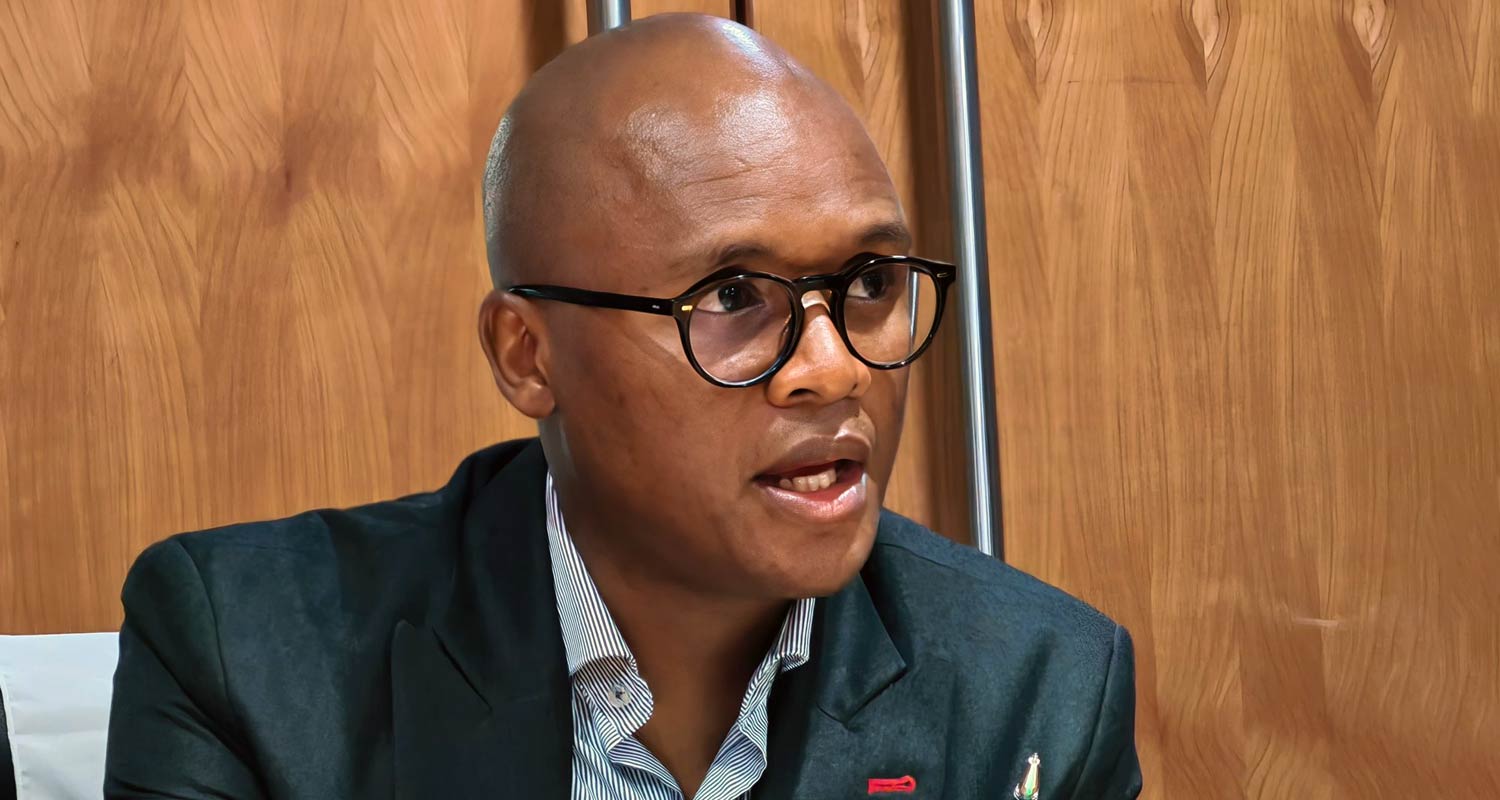The department of communications & digital technologies is under fire for allegedly lying to parliament about the state of discussions with broadcasters to resolve the legal impasse over digital television migration.
The department claimed in parliament on Friday, 12 September that it was collaborating “regularly” with broadcasters regarding the broadcast digital migration project, and the associated switch-off of analogue broadcasts.
This followed a court ruling against communications minister Solly Malatsi in March.
In the 12 September meeting of parliament’s communications portfolio committee, Fhatuwani Mutuvhi, chief director of the broadcast digital migration programme at the department, said in a presentation that government and industry stakeholders were “meeting regularly” to “deliberate” on the analogue switch-off with the aim of moving the programme’s agenda forward.
However, broadcasting industry stakeholders, including Media Monitoring Africa (MMA) and the SOS Support Public Broadcasting Coalition – two of the litigants in the case against Malatsi – slammed Mutuvhi’s claims, describing them as untrue.
“Led by the minister, the director-general and the deputy director-general, we have … established an ASO (analogue switch-off) acceleration programme that looks into facilitating any element of the implementation of the programme,” Mutuvhi told MPs.
Misleading parliament?
“In this regard, post the court judgment, the minister has tasked the department’s legal team to engage with their legal counsel to explore non-litigious settlement with [broadcasters like] e.tv, for example. The engagements are currently underway, and the legal teams are meeting on a regular basis to deliberate on this matter.”
Broadcaster e.tv, along with MMA and the SOS Coalition, took Malatsi to court in January over his “unilateral” decision to set 31 March 2025 as the deadline for switching off all analogue broadcasts. The matter was heard in March, and the court subsequently ruled against the minister, with judge Selby Baqwa slapping him with a costs order.
Read: Analogue TV switch-off ‘must not marginalise the poor’
Baqwa said Malatsi had made the same mistake as one of his predecessors, Khumbudzo Ntshavheni, by not consulting the industry before setting the deadline. He said neither cabinet nor Malatsi informed stakeholders that 31 March was being considered as the switch-off date.
To avoid further court action, Malatsi – in his budget vote speech in parliament in July – said the communications department would pursue an out-of-court settlement. But both MMA and the SOS Coalition said this week that there has been little or no communication from the department regarding analogue switch-off since March. E.tv declined to comment.

“It’s a little bit frustrating because they go and say these things in parliament but [they haven’t spoken to] the only civil society bodies they have been asked to engage with… We’ve had a few informal discussions to say they would like to avoid further legal action. We would also like to avoid further legal action, but when you don’t get consulted [with] after they said they will consult, you lose faith a bit,” MMA director William Bird told TechCentral.
“There has been one call to one of our lawyers, and after that nothing. One phone call, regardless of when that happened [involving] one of our legal counsel, does not constitute meeting on a regular basis.”
According to Bird, the department did send a letter to the joint legal counsel hired by MMA and the SOS Coalition on 15 September, but this was only after Mutuvhi’s comments in parliament. Bird said the letter was the first formal communication from the department since March.
In the letter – which TechCentral has seen – the department said Sentech estimated it would complete the distribution of set-top boxes to 180 000 qualifying indigent households by “no later than” 28 February 2026, given a “current run rate” of 31 000 installations a month. The set-top programme is a critical component of the migration project, designed to support households who can’t afford the technology.
In the letter, the department proposed an analogue switch-off date be set by Malatsi – in consultation with the industry – once 75% of all installations had been completed.
Bird criticised the department for “once again” not consulting with the industry prior to making the proposal. He said a switch-off at only 75% completion would risk “leaving a significant number of people behind”.
Department responds
“Where does the 75% come from? The figure we mentioned in the court proceedings was 90% or more; the UK did it at 95%. There needs to be proper consultation. They say they have installed this number, but have they verified that?”
The department also proposed that the impending second part of the analogue switch-off court case – which has not yet been heard – be “held in abeyance” for a period of six months to allow government to focus on the distribution of the remaining set-top boxes.
Read: 220 000 set-top boxes, 63 days: Sentech’s mission impossible?
The letter was also sent to e.tv, communications regulator Icasa, various community TV stations and other stakeholders.
TechCentral asked the communications department whether Mutuvhi had misled parliament by claiming engagements had been taking with stakeholders, including the broadcasters.
 A department spokeswoman didn’t answer the question directly but said: “The department’s representative was correct during the briefing to the portfolio committee in highlighting that it has established an ASO acceleration programme. The programme comprises the department’s programme management office together with implementing entities responsible for broadcasting migration, including Sentech, the South African Post Office, the State IT Agency and the Universal Service & Access Agency of South Africa. The minister chairs the meetings of this acceleration programme, which take place every Tuesday.”
A department spokeswoman didn’t answer the question directly but said: “The department’s representative was correct during the briefing to the portfolio committee in highlighting that it has established an ASO acceleration programme. The programme comprises the department’s programme management office together with implementing entities responsible for broadcasting migration, including Sentech, the South African Post Office, the State IT Agency and the Universal Service & Access Agency of South Africa. The minister chairs the meetings of this acceleration programme, which take place every Tuesday.”
Read: Board shake-up as French take control of MultiChoice
The department made no mention in its response to TechCentral of the broadcasters, the media industry lobby groups, the community TV stations or any of the other interested stakeholders who are directly impacted by the situation. – © 2025 NewsCentral Media
Get breaking news from TechCentral on WhatsApp. Sign up here.

